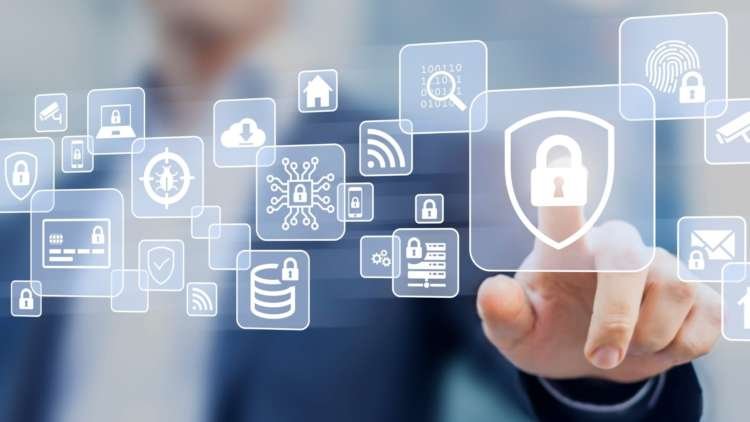Finance
Fraud one year on from lockdown: The six trends to watch
Published by linker 5
Posted on March 11, 2021
1 min readLast updated: January 21, 2026

Published by linker 5
Posted on March 11, 2021
1 min readLast updated: January 21, 2026

Explore more articles in the Finance category
